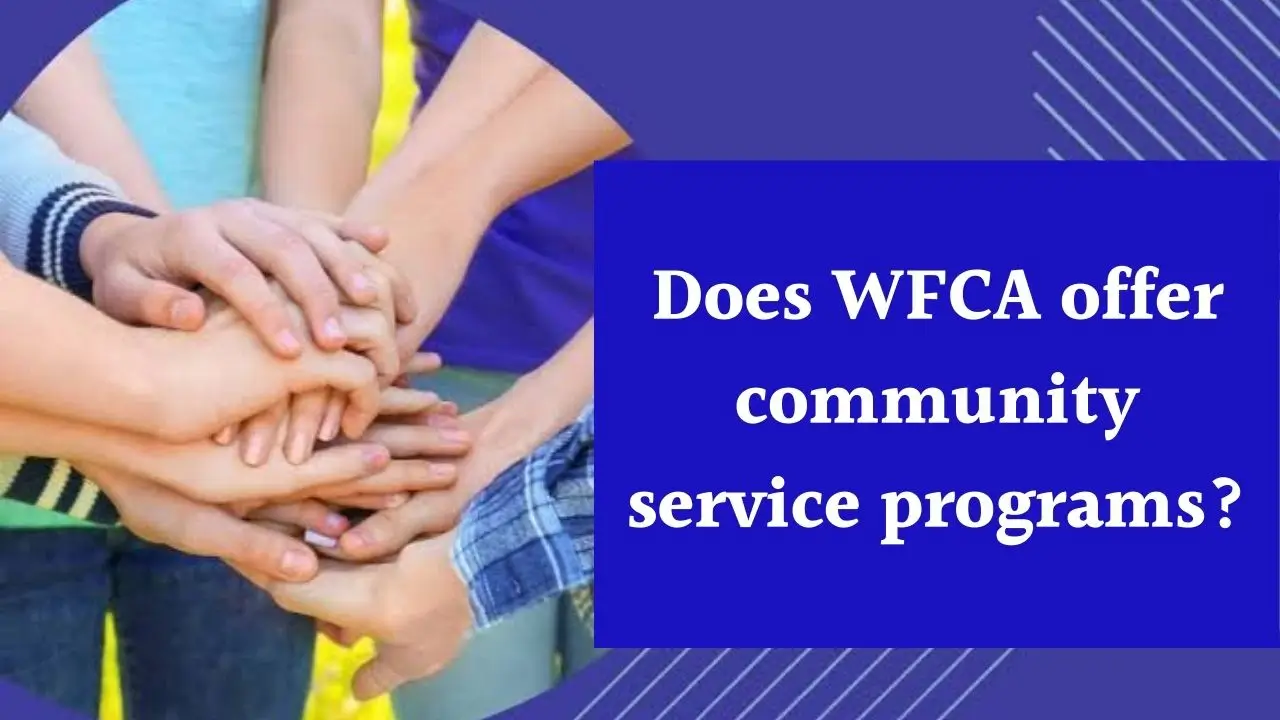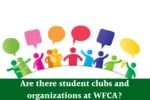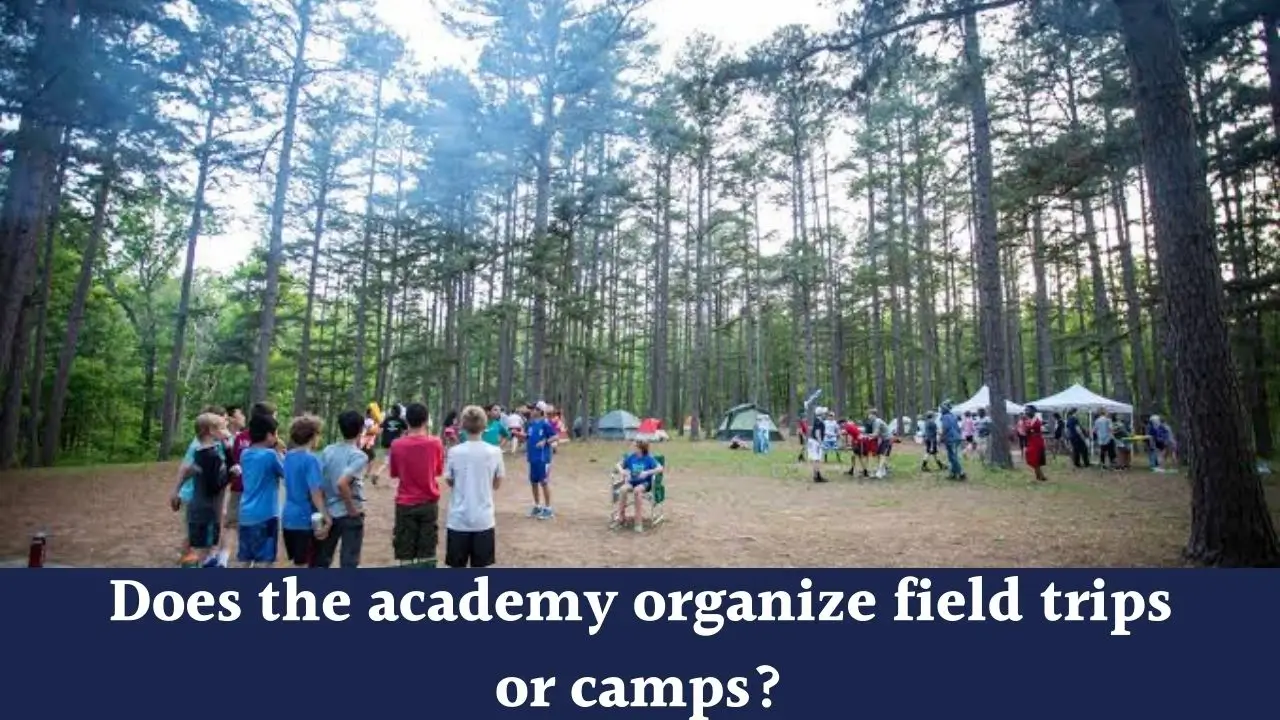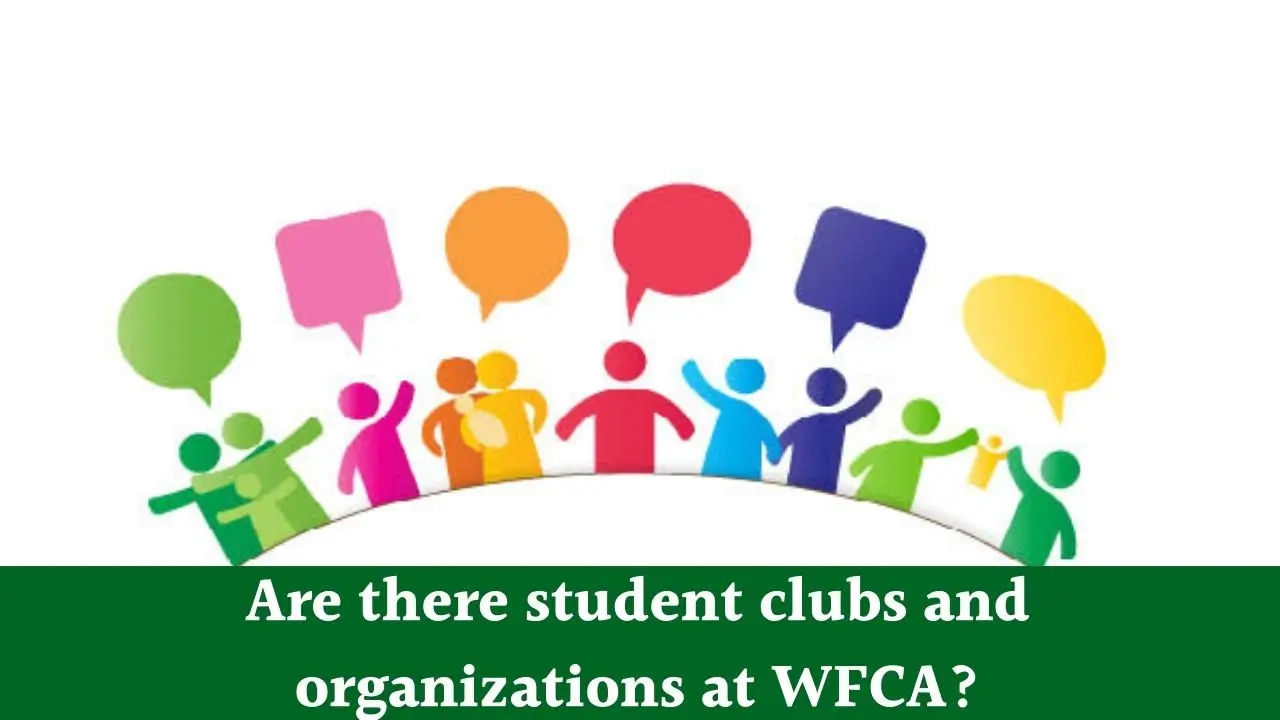Community service has become an integral part of educational institutions, not only to help students grow academically but also to instill values of responsibility, compassion, and leadership. Word of Faith Christian Academy (WFCA), a faith-based private school that emphasizes both academic excellence and spiritual development, highlights community engagement as part of its mission. A key question arises for parents and students: Does WFCA offer community service programs, and what do they look like in practice?
WFCA’s Mission and Community Focus
WFCA is guided by the principle of shaping students into well-rounded individuals who excel in academics, faith, and character. Its mission typically emphasizes three main pillars:
- Educational Success: Preparing students for higher education and life skills through a well-rounded curriculum.
- Spiritual Growth: Teaching Biblical principles and Christian values to guide students’ daily lives.
- Community Engagement: Encouraging participation in service opportunities both inside and outside the school environment.
It is within this third pillar that the academy integrates community service as an active part of its student experience.
Importance of Community Service at WFCA
Community service is not only an extracurricular activity at WFCA—it is viewed as an extension of Christian values in action. Students are encouraged to live out their faith by serving others. These programs help students grow in responsibility, humility, and leadership skills while also making a lasting impact on their communities.
Core Benefits for Students
- Personal Growth: Helps students develop empathy and compassion.
- Faith in Action: Encourages students to live according to Biblical teachings.
- Leadership Development: Provides opportunities to take initiative in real-life settings.
- Stronger Applications: Colleges and future employers recognize the value of volunteerism and community involvement.
Types of Community Service Programs at WFCA
WFCA structures its community service opportunities in different ways. Some projects are school-organized, while others allow students to initiate or join local efforts. Programs may vary by year or campus, but they typically fall into the following categories:
1. School-Sponsored Service Projects
WFCA organizes service projects led by teachers, administrative staff, or student groups. These events may focus on local needs or broader causes.
Examples include:
- Food drives during the holiday season.
- Clothing collections for local shelters.
- Volunteer support for community clean-up drives.
2. Student-Led Initiatives
Students are also encouraged to create and lead service projects, often under the guidance of faculty advisers. This teaches initiative, responsibility, and project management.
3. Partnerships with Local Organizations
WFCA often collaborates with churches, non-profits, and charities. These partnerships give students more diverse experiences of service. Examples may include working with local food banks, assisting in nursing homes, or participating in fundraising events for charities.
4. Faith-Based Outreach
As a Christian academy, WFCA also integrates ministry and outreach efforts, such as youth camps, church activities, and mission-focused projects.
Community Service Requirements
Some Christian academies like WFCA include community service as part of graduation requirements. Students may be expected to complete a minimum number of service hours per year. While requirements can differ by grade level, they are often divided into structured pathways to ensure participation by all students.
Example Structure of Service Hour Requirements by Grades
| Grade Level | Suggested Annual Hours | Type of Projects |
|---|---|---|
| Elementary | 5–10 hours | School and family-assisted projects |
| Middle School | 15–20 hours | Group volunteer projects and some independent activities |
| High School | 25–40 hours | Independent and leadership-based projects |
This table illustrates how service expectations often increase with age and maturity, allowing students to take more responsibility as they grow.
Impact on Student Development
WFCA emphasizes that community service is not about fulfilling a requirement but about building a lifestyle of generosity and kindness. The positive impacts are profound:
- Students become more aware of the issues affecting their community.
- It creates long-term habits of civic engagement and responsibility.
- Students experience personal fulfillment through helping others.
- Engagement reinforces Biblical lessons of serving others as a form of serving God.
Examples of Past and Ongoing Projects
Though projects may change from year to year, WFCA continually encourages student-driven service. Some common initiatives include:
- Annual Food and Clothing Drives
Collecting non-perishable foods and warm clothing for local families in need. - Senior Care Visits
Visiting nursing homes to spend time with residents, performing skits, or singing hymns. - Children’s Ministry Projects
Helping with Vacation Bible School, Sunday school activities, or mentoring younger students. - Environmental Programs
Participating in park clean-ups, recycling drives, or school gardening initiatives. - Holiday Outreach
Preparing gift baskets or Christmas shoeboxes to distribute to underprivileged families.
Latest Updates on WFCA Community Service Programs
In recent years, WFCA has placed more emphasis on making community service programs student-centered and flexible. Students are encouraged to propose service ideas aligned with their personal passions. Some of the latest program trends include:
- Digital Volunteering Options: With growing technological resources, students may now assist online with tutoring, church media ministries, or creating awareness content for non-profits.
- Expanded Partnerships: WFCA has introduced collaboration with additional local organizations to give students more options to serve.
- Integrated Curriculum Service Projects: Some teachers are blending academic subjects with service opportunities—for example, science classes working on community-based environmental projects.
- Leadership Recognition: Outstanding student service contributions are now often acknowledged at school award ceremonies, graduation events, and newsletters.
Benefits for the Community
While students gain growth opportunities, the surrounding community also experiences tangible benefits. WFCA’s programs promote stronger community ties and provide critical support for local needs. This fosters goodwill between the academy and the broader population, reinforcing the school’s reputation as a faith-based institution grounded in outreach and service.
A Christian Perspective on Serving Others
WFCA views community service as more than charity—it is an essential expression of Christian living. Students are taught that helping others embodies compassion, humility, and love, which are central lessons in the Bible. Serving the community demonstrates practical faith and prepares students to be leaders who apply Christian principles outside the classroom.
Parents’ Role in Supporting Community Service
Parents play an important role by:
- Encouraging their children to participate actively.
- Helping younger students engage in family-based service projects.
- Volunteering alongside their children in school-sponsored activities.
This partnership strengthens not only student development but also family bonds rooted in service.
Conclusion
So, does WFCA offer community service programs? The answer is a definite yes. Word of Faith Christian Academy actively encourages and organizes service as part of its educational and spiritual mission. Through structured programs, student-led projects, faith-based outreach, and community partnerships, students are empowered to live out the values instilled in them: compassion, responsibility, and leadership.
These service opportunities are not viewed as just another requirement, but as a meaningful way for students to grow in character and faith while making a real difference in their world. WFCA ensures that every student understands that serving others is more than an activity—it is a way of life.












